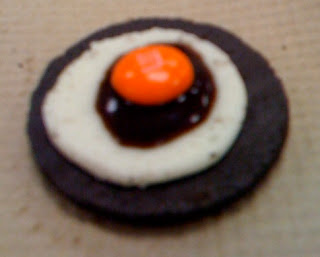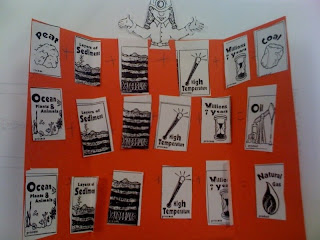Week Ten Vocabulary
Novmeber 2nd – November 6th
Your spelling and vocabulary test will be on Friday, November 6th . You will be responsible for knowing how to spell each word correctly and the definition for each word.
This week there are several review words!
1. Pangaea- super continent
2. Plate tectonics- the theory that Earth’s plates move.
3. Crust- the outermost layer of the Earth
4. Mantle- the middle layer of the Earth
5. Core- the innermost layer of the Earth
6. Fossil fuels- nonrenewable resources found deep in the Earth, formed by the remains of ancient plants and animals. Coal, Oil, and natural gas are the three fossil fuels
7. Coal- a fossil fuel formed by the remains of ancient plants
8. Oil- a fossil fuel formed by the remains of ancient plants and animals.
9. Natural gas- a fossil fuel formed by ancient plants and animals. It is a flammable oderless gas.
10. Sedimentary Rock- Rock formed by compacting sediment where fossils are found.











